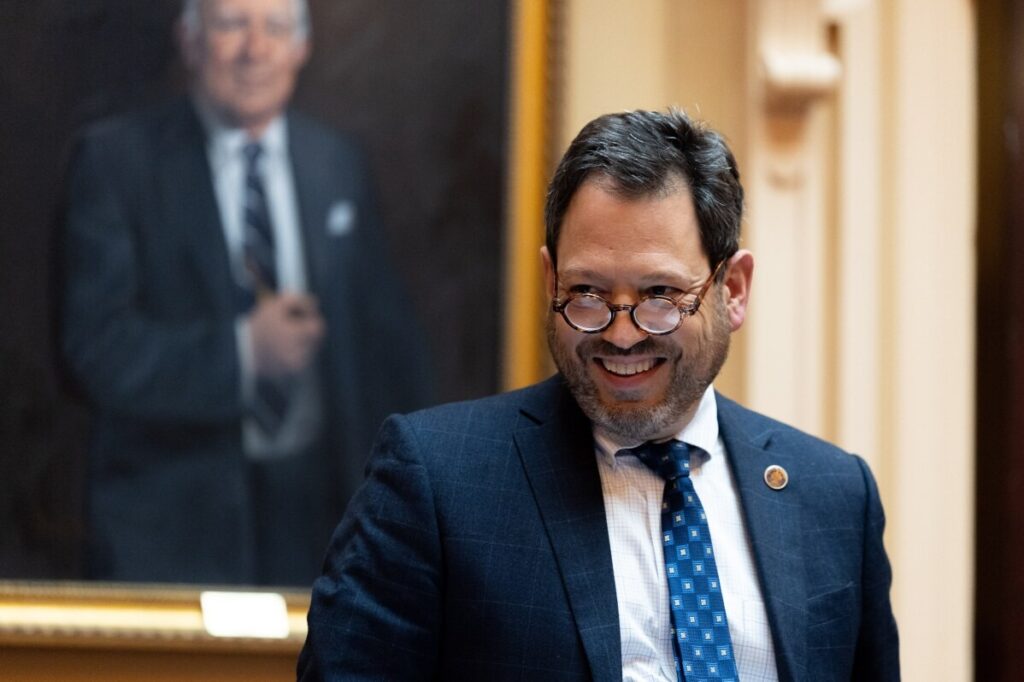Trade Truce or Mirage? Unpacking the Real Impact of Trump-Xi Talks on Markets and America’s Future
Despite President Trump’s optimistic posturing on the trade truce with Xi Jinping, Asian markets show persistent weakness, revealing deeper economic struggles that threaten American workers and national sovereignty.

The recent handshake between President Donald Trump and Chinese leader Xi Jinping was sold to Americans as a breakthrough promising economic relief. Yet, as Asian markets reacted with a lukewarm mix of gains and losses, it became clear that beneath the hopeful headlines lies a complex story—one where hopes for fair trade continue to clash against enduring structural challenges.
Is This Trade Truce More Talk Than Triumph?
Trump’s self-assessment of his summit with Xi as a “12” on a scale from zero to 10 raises eyebrows. How can optimism soar while China’s factory activity contracts for the seventh consecutive month? The official Purchasing Managers’ Index (PMI) slipping further below 50 signals ongoing industrial decline in China’s manufacturing sector—a warning sign not just for Beijing but for American industries competing globally.
Markets are telling us something crucial: The fragile détente has not yet translated into tangible economic gains. Hong Kong’s Hang Seng index and Shanghai Composite each dipped, reflecting investor skepticism over China’s growth outlook amidst persistent trade frictions. While Japan’s Nikkei surged on strong industrial output data, it’s a reminder that competitors in Asia are adapting faster, putting America’s manufacturing base at risk if current trade policies fail to prioritize fairness and reciprocity.
Big Tech’s Rollercoaster Illustrates Risks to Our Economy
The mixed earnings results from Big Tech giants further muddy the waters. Meta Platforms’ steep drop amid ballooning AI investment plans raises questions about whether these sprawling conglomerates are spending wisely or simply chasing hype—a concern with direct implications for American savers whose retirement funds lean heavily on these companies.
This frenzy around artificial intelligence investments reflects both opportunity and peril. As Stephen Innes aptly noted, capital is acting more like obsession than prudent money management—a scenario that could destabilize markets already wary of slowing growth. Microsoft’s modest profit beats were overshadowed by cautious forecasts, while Alphabet’s solid performance stands out as an exception rather than the norm.
What does this mean for everyday Americans? When stock valuations hinge disproportionately on a handful of tech behemoths, broader economic health becomes fragile—especially when those companies face uncertain returns on massive future spending.
America First Means Demanding More Than Surface-Level Agreements
The Trump administration has rightly emphasized sovereignty and fair play in international trade. But this moment reminds us how tenuous progress remains without enforceable structural changes ensuring China plays by the rules rather than exploiting loopholes. For families grappling with inflation and job insecurity, mere promises won’t suffice; they need markets robust enough to sustain good-paying American jobs free from unfair foreign competition.
As global tensions simmer beneath headline optimism, Washington must resist complacency. How long will policymakers allow Wall Street cheerleading to overshadow hard truths about our economic position relative to China?
In conclusion: The mixed market reactions following Trump’s meeting with Xi should spark sober reflection—not blind celebration. True America First leadership demands vigilance against empty rhetoric and calls for real accountability in protecting our industries from unfair foreign practices.
